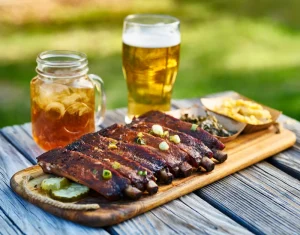
Panic attacks that are likely to develop during alcohol withdrawal are also likely to diminish in frequency and intensity on their own without medications (Schuckit and Hesselbrock 1994). Second, the possibility that a longer term anxiety or depressive disorder exists in an alcoholic must always be considered. Fortunately, several important ongoing studies will help answer some remaining questions regarding the treatment of coexisting depressive or anxiety disorders in the context of alcoholism. The COGA investigation will gather more data regarding potential alcoholic subtypes and will continue to explore possible genetic linkages between alcohol dependence and major depressive and major anxiety disorders. Certain ongoing treatment studies also are further evaluating the potential usefulness of buspirone, some specific anti-depressants, and other medications that affect brain chemicals as potential components for treating alcoholism.
Why Hangovers Cause Anxiety, According to a Medical Pro
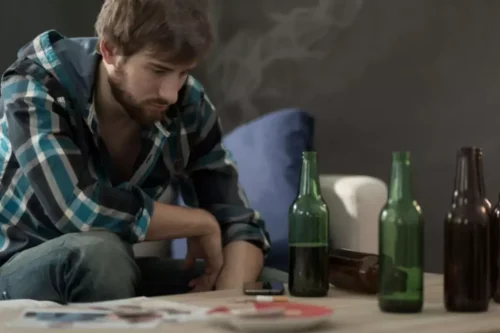
Studies have found that heavy drinkers have increased cortisol levels due to alcohol’s effects on the body. Elevated cortisol levels can lead to feelings of anxiety or restlessness. It’s no secret that alcohol has a profound impact on the brain—even a casual drinker can experience a mood shift after a beer or two. It’s also no Sobriety secret that drinking—especially heavy drinking—can bring on feelings of regret the next day.
- Alcohol consumption before or during these episodes can make things more complicated.
- Some people experience anxiety or panic attacks along with their hangovers the day after consuming too much alcohol.
- It is also important to remember that some studies indicate a potential relationship between alcoholism and anxiety/ depressive disorders.
- Just as alcohol consumption causes a wide range of effects on the body and mind, so does the period of withdrawal.
Why does alcohol cause panic attacks?

Perhaps as a result of the influence of these theories, psychotherapists frequently reported deep-seated emotional difficulties or persisting psychiatric symptoms in alcoholics, even when alcohol-dependent people were sober. Unfortunately, anxiety disorders and alcohol abuse have a dark, cyclical nature. Having an anxiety disorder increases the risk of developing alcohol dependence. When someone quits drinking alcohol, the withdrawal symptoms exacerbate anxiety symptoms, ironically, a risk factor for relapse. Similar results have been generated from some, but not all, studies of alcoholism in relatives of patients with severe anxiety disorders.
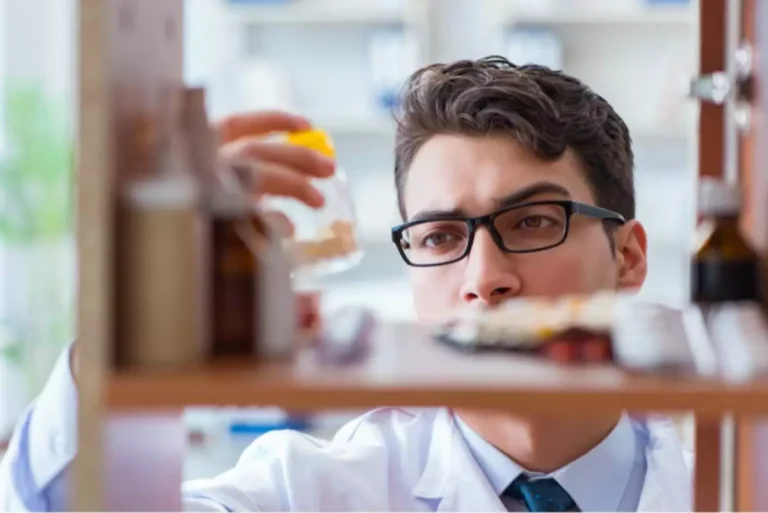
What to know if you’re at risk for alcohol dependence?
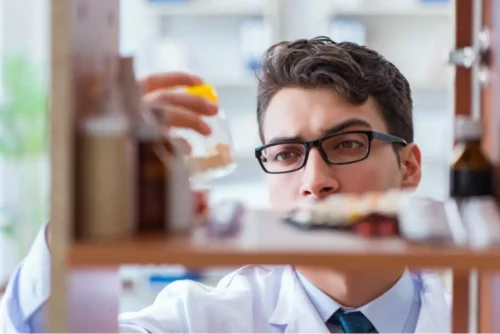
By practicing good self-care and limiting alcohol consumption, people can reduce the severity of hangxiety symptoms and improve their overall mental health. In summary, none of the three types of studies conducted (i.e., family studies, prospective investigations, and studies involving COA’s) proves an absence of a relationship between long-term anxiety or depressive disorders and alcoholism. As briefly discussed earlier in this article, the family studies are far from definitive because of difficulties in the methodologies used.
- According to the Anxiety and Depression Association of America (ADAA), about 7 percent of Americans have this form of anxiety.
- Arming yourself with strategies and tips can help you or a loved one take small steps towards big results.
- Developing a habit of using alcohol to ease anxiety can cause you to drink more, which can turn into a destructive cycle in which higher levels of anxiety trigger more consumption, further increasing anxiety.
- Hangover anxiety can also arise as the brain adjusts to the mental effects of alcohol.
- A skilled therapist will assess your anxiety levels and panic attacks and be able to create a treatment plan that addresses these issues.
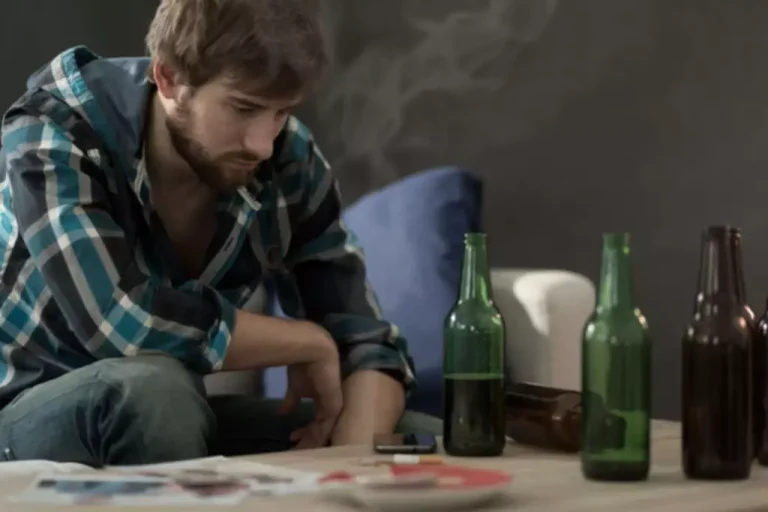
They can prescribe any medication they think can help their patients. In order to find out which medications might be appropriate, they need to conduct a full evaluation. At Talkiatry, first visits are generally scheduled for 60 minutes or more to give your psychiatrist time to learn about you, work on a treatment plan, and discuss any medications that might be included.
- Eventually, when you don’t drink alcohol, you may also suffer from panic attacks even more often than you did before drinking, especially if you drink every day or to numb your anxiety.
- However, social situations can also be stressful, especially for people who are prone to anxiety.
- Although these are typical symptoms of a hangover, via biofeedback, they can trick your brain into having a real one.
- If blackouts are involved, the extra stress of the unknown, especially if poor judgement was involved, can increase anxiety levels further.
- A person starts drinking to self-medicate stress and anxiety in their lives.
- According to the World Organization, approximately 70 percent of people experience a traumatic event during their lifetime.
Supported living
Specifically, some studies focused on drinking patterns rather than on alcohol dependence or described mood/anxiety symptoms rather than true psychiatric disorders. alcohol and anxiety The distinction is important, because symptoms might be only temporary, whereas true psychiatric disorders are likely to require long-term and more intensive treatments, including psychotherapy and medication. Thus, few of the investigations offered assurance that an alcoholic or alcoholic’s relative actually had a long-term psychiatric syndrome rather than a temporary alcohol-induced condition. Treatment for anxiety disorders and alcohol use disorders varies depending on the individual and the symptoms, so it’s critical to work with a professional to get the help that you need.
With fewer GABA receptors available, your body can naturally absorb less GABA, which inhibits your ability to naturally calm down and can lead to panic attacks. It does so by binding to GABA receptors in the brain—which helps your body to relax and your mind to feel calm. Alcohol is believed to mimic this effect by also binding to GABA receptors. That’s why drinking can help you feel relaxed in the short-term, especially in social situations. To understand exactly why this happens, chemically, it’s important to understand the role of GABA—a neurotransmitter—in the brain and body.

